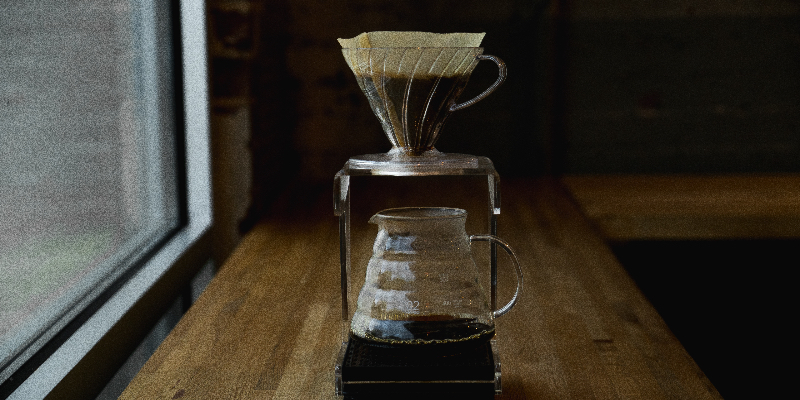Recently my husband Steve celebrated his 71st birthday. In 1995, my father died at the age of 71. I have a choice here – which filter will I use to live my life to its fullest? I could certainly choose to worry that my husband’s age has some weird correlation to my father, my father’s health issues, and my father’s genetics. Or, I could clean that filter and see my husband for who he is today. A robust, funny, cognitively sharp, energetic husband, father, and grandfather. I choose the later.
In a 2007 Bloomberg interview, renowned Executive Coach Marshall Goldsmith asks author William Byham Why 70 is the New 50? Byham responds “In terms of health, longevity, and view of life, baby boomers in their sixties and seventies will be more like their parents and grandparents were at 50—thus people can work longer if they want to.”
When my father died suddenly, I remember my older brother telling me that our dad was an old 71-year-old. As I think about that comment in my current context, I agree with the truth of that assertion. Our father didn’t get dealt good genetics and hence, I believe he sensed that his life wouldn’t be long (at least by today’s expectation). Our father lived large in his life, and he died largely. He is not my husband.
As a verb, a filter is a device to remove unwanted particles. When left unattended, our filters clog up and don’t perform the way we want (my old Keurig frequently reminded me what happens when I neglected to clean the filter).
So, let me posit this question. How do you carve out time in your busy life to clean your filters and look through clearer lenses? Working with a coach is one option for focusing attention on the sediment that may be holding you back from your goal achievement. To my coach Lil, thanks for helping me keep the filters clean.






